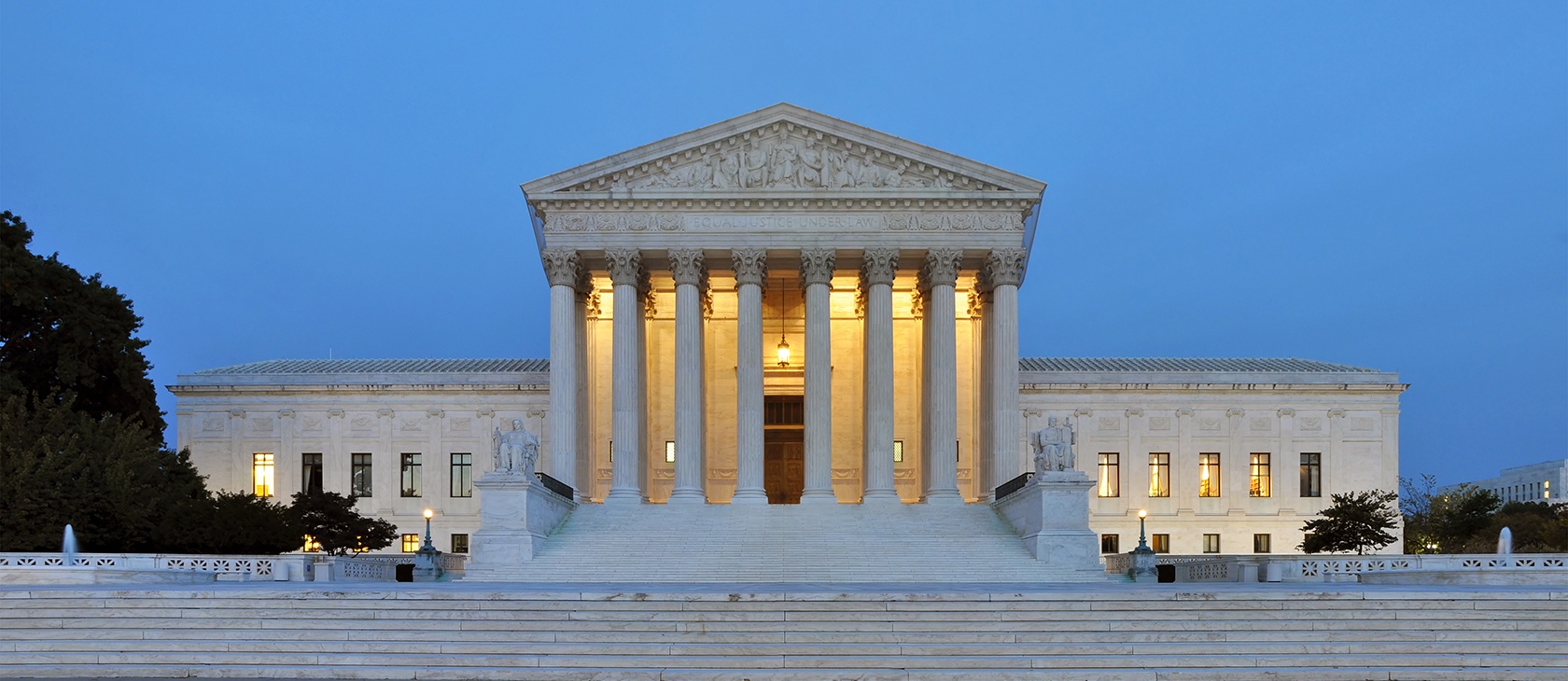Along-cherished predisposition on the part of the Roman Catholic Church is that labor unions act as a protection against the exploitation of workers. From Pope Leo XIII’s 1891 encyclical Rerum Novarum forward, the Church has been an outspoken proponent of organized labor, worker safety and human dignity.
Thus, it comes as little surprise that the U.S. Catholic Conference of Bishops weighed-in when the U.S. Supreme Court heard arguments in February regarding the Janus v. American Federation of State, County, and Municipal Employees case. At issue is AFSCME’s collection of dues from nonmembers in Illinois and the USCCB’s opposition to right-to-work legislation.
The USCCB’s amicus brief, however, succumbs to romantic notions of unions protecting employees from the child-labor sweatshops out of some 19th-century Dickensian dystopia or even Solidarity, the 1980s Polish trade union movement’s struggle against oppression of workers by the Communist state. The contemporary reality of collective bargaining, particularly that conducted by public- sector unions, is vastly different.
“Beginning with Rerum Novarum in 1891, the social doctrine of the Catholic Church has contained ‘repeated calls ... for the promotion of workers’ associations that can defend their rights”, reads the USCCB’s brief, quoting in part Pope Benedict XVI’s encyclical Caritas in Veritate. “These calls arise from the strong commitment of the Church to protect both the poor and vulnerable from exploitation, and the right of association from governmental infringement.”
Despite its long history of supporting unions as a form of association, Catholic social teaching – especially as expressed by the USCCB in its Janus brief – has not been sufficiently appreciative of modern realities about trade unions, most of which are led by professionals who have never had a blue-collar job in their entire lives. More generally, a union’s actions cannot be judged as good if they abrogate other principles – namely freedom and justice — promoted by the Church.
Among those freedoms rightly noted by the USCCB is the right of association, the foundational defense of unions, which entails, conversely, the right not to associate. By this I mean the freedom to disassociate oneself from organizations promoting agendas contrary to one’s own beliefs.
Although unions are identified historically with free association, contemporary public-sector unions frequently ignore and even reverse that principle. Some Catholic bishops have not sufficiently recognized this point. There is also something fundamentally wrong with employees being coerced into financing candidates supporting causes with which the employee disagrees.
A strong supporter of the social role of labor unions, Pope John Paul II cautioned against the dangers of mission-creep shifting unions from protecting workers into effectively becoming political entities. “Unions do not have the character of political parties struggling for power; they should not be subjected to the decision of political parties or have too close links with them”, warned the pope in his 1981 encyclical Laborem Exercens. The unions defended in Catholic social teaching are not the same as those in 2018 America that have morphed into political action committees funded through forced membership. Such developments cannot be squared with freedom of association.
“[I]n view of present day attempts to enact so-called right-to-work laws the Church is duty bound to challenge such efforts by raising questions based on longstanding principles”, continues the brief, quoting a 2015 speech to the Chicago Federation of Labor by Cardinal Blase Cupich. “We have to ask, ‘Do these measures undermine the capacity of unions to organize, to represent workers and to negotiate contracts? Do such laws protect the weak and vulnerable? Do they promote the dignity of work and the rights of workers? Do they promote a more just society and a more fair economy? Do they advance the common good?’”
If the Cardinal were speaking of conditions for Illinois’ public- sector employees resembling those described in Upton Sinclair’s 1906 novel, The Jungle, he might have a point.
The problem with public-sector unions is that it is wrong that those who work for the state can tell the government under what conditions they will perform basic services vital to the common good. For public-sector unions, for example, to say they can decide to impede or close essential government services is to effectively usurp the government’s legitimate authority in the name of sectional interests, not to mention hold the public hostage. This is unjust.
The injustice is worsened when public-sector unions use their unique bargaining position to extract money from state employees to fund the unions’ activities without each employee’s formal consent. Many of those activities have nothing to do with advancing the employees’ interests and everything to do with unions promoting general left-wing political causes, many of which are antithetical to Catholic moral teaching.
Thus, we see that a crucial human rights issue at stake here concerns those employees who choose not to associate with organizations that embrace political and moral views antithetical to their own – and the taxpayers who have to foot the bill. It’s the latter that not only pick up the tab for public employees, but also the union dues deducted from public servants’ paychecks. Again, this is unjust.
Catholic social teaching on unions is predicated on whether such organizations effectively address the social challenges of their respective era. It’s not incumbent for Catholics – doctrinally or otherwise – to underwrite or otherwise support union demands.
Featured image used under Creative Commons license (CC-BY-SA 3.0). Some minor changes made (cropping).




